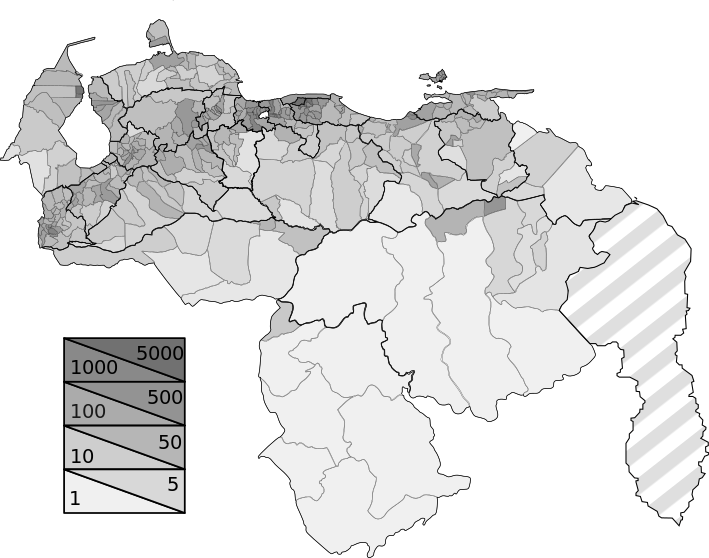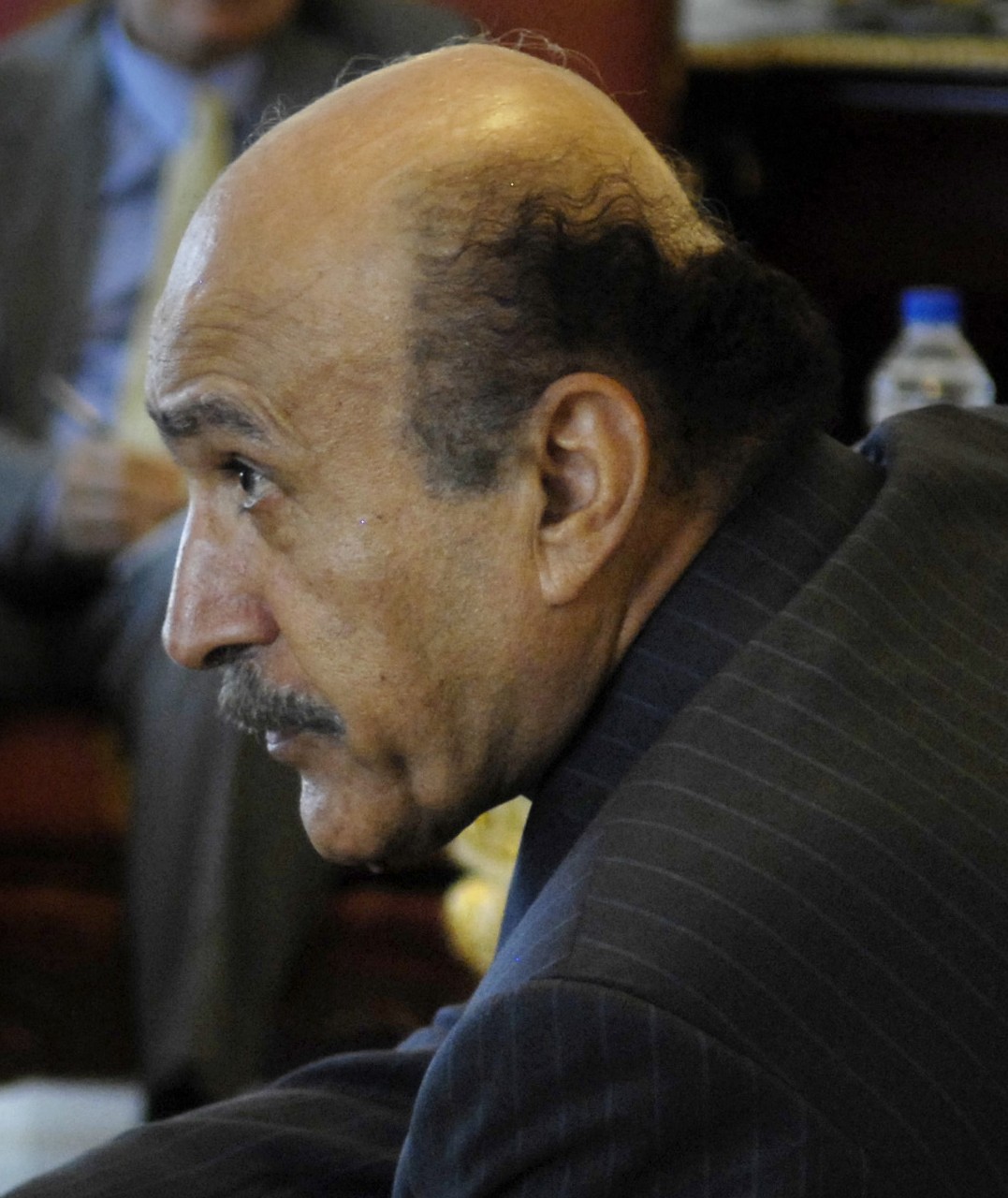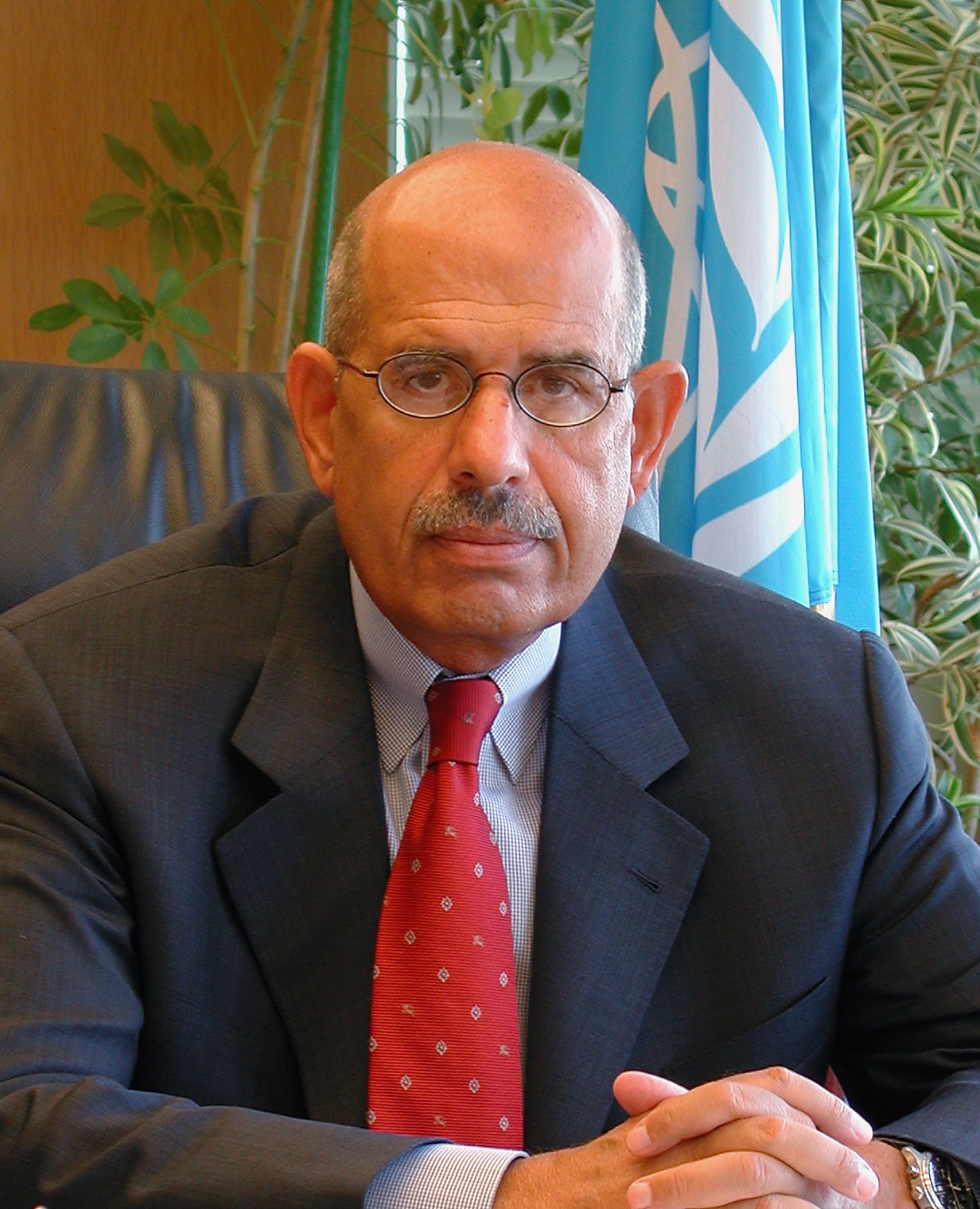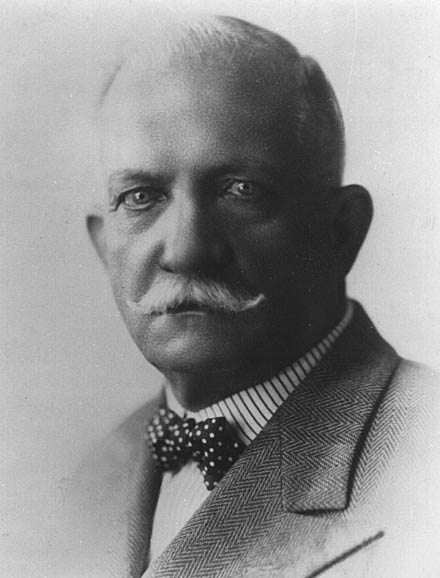Teenagers having babies
One of the first news of each year is about the first Venezuelan/Caracas/Valencian/Maracaibo baby born. This is also news in other countries, but this has a special dimension in Venezuela, a nation with one of the
highest birth rates in America. Only Bolivia and Paraguay have higher birth rates in South America. Ecuador follows very closely. In Central America only Honduras and Nicaragua have higher birth rates. Do you see the pattern? Basically: the Spanish American countries in a particularly big mess. There is also Haiti, although most do not count it as Latin American but "Caribbean". Venezuela's birth rate had been falling for decades now, but it is still high at 24 births per 1000 inhabitants.
Now, I checked out the news about the "First Caracas-born", the first Miranda-State born, the first Zulia-born and the first Valencia-born.
Adringelis Carreño was the first baby born in Valencia. Adriana's Adringelis mother. Adriana is 15 years old. She lives in poor Central Tacarigua, the western-most part of
Carlos Arvelo, now an extension of Valencia's Southern slums, a place I know very well.
Wilson Larver was the first Zulian baby of 2011. His mother is 19 and she already has 2 children.
She was a minor when she got them.
At least the mother of the first baby to be born in Caracas this time became mother at a
normal age. The state media that talks about that first Caracas child of 2011 praises, as usual, the state hospital system, contrary to what countless physicians
state (traitors, the government will say). The head of the Institute for Women Affairs, Judith López, talks about the efforts they undertake to promote birth control and sexual education. Now, I wonder: how does that agree with the president's desire of having a country with
50 million people as soon as possible?
Plans of a military man
Military strongman and president Chávez has repeatedly declared Venezuela needs many more people to become "a super power". Chávez wants Venezuela to have 50 million inhabitants. The way things keep going, Venezuela will indeed be a super power with regards to baby production. The population boom has been going on for decades now, but we should have come to a better control by now. More worringly, Chávez also thinks the Caracas, the Aragua and the Tuy Valleys can all have many more people than they have nowadays. Chávez
wants to increase the level of construction on the slopes of the mountain between La Guaira and Caracas, taking away more land from a
beautiful national park.
Location, location
Whereas Venezuela is a relatively large land, the population density in those areas is already higher than in European urban agglomerations: Carabobo has a population density of more than 595 inhabitants per km2 and a lot of the land cannot be easily urbanized: it is on very steep mountains and/or the last areas of tropical forest in Northern Valencia. Aragua and Miranda and Vargas are not much better off.

Vargas: try to put many more people there and build higher up those slopes. Wait for rain and see how disaster will come
Serious urbanism is absent in most places in Venezuela. The greatest urbanization centres were built in some of the most fertile lands of Venezuela, fertile lands that are now becoming cement and rubbish. Only the steepest mountains and a few places can still be developed. But: what is the option? The jobs - mostly in the "informal" sector - are there.
People find no real jobs in the Llanos or South of the Orinoco, at least no jobs other than as farmers with extremely primitive equipment.
 Drying coffe in Venezuela in the same way as my great-grandfather did, as farmers did during colonial times. It was 30 degrees celsius under the scorching sun. The machines Chávez so often announces to automate work in the Llanos are nowhere to be seen but for a couple of Potemkin villages.
Drying coffe in Venezuela in the same way as my great-grandfather did, as farmers did during colonial times. It was 30 degrees celsius under the scorching sun. The machines Chávez so often announces to automate work in the Llanos are nowhere to be seen but for a couple of Potemkin villages.Everything is extremely centralized, even cultural resources and national institutions that could easily be placed in a secondary city. If you travel through Venezuela, try to visit public libraries or cultural centres of
Calabozo or
El Tigre. Try to see what possibilities an engineer or a technician has there to develop beyond the oil sector or as a rubber stamp working for some local caudillo.
What to do?Alternative forces in Venezuela need to start putting forward an open discussion about
1) how to make birth control campaigns more effective
2) how to provide a better education to poor boys and girls, not just a piece of paper stating they are "bachilleres"
3) how to make cities in the Llanos and in other places more attractive for the general population. The solution has to be something more intelligent but much less expensive than some sort of
Brazilia or
Astana. Solutions cannot come exclusively from the State, even if the government needs to set up the legal framework and a lot of the infrastructure. Chávez already thought that by ordering the construction of "cities" in the middle of nowhere, without much planning, he will make people more away from Caracas. That turned out to be a completely failure. As so few houses have been built in the last years - mafias pretending to be unions and asking for money from construction companies, lack of transparency from construction companies and expropriations are some of the many reasons- Venezuela has a horrendous need for more houses now.
Special problems
Solutions have to be much more complex than the announcemtns Chávez makes. They have to come from the State, but they also have to be the job of private companies working together with government in a climate of real transparency or independently in an environment where rule of law and property exist.
Venezuela will have to do a lot with much less money as Chavismo has mismanaged so much of the biggest oil boom Venezuela has ever had. We need to think about clever, transparent descentralization work.
Below you see a density map of 2001. Since then more than 6 million people have been added and most of the newcomers live in the high density areas.

Population density per municipio, km2
And below you have a very rough topographic map of the country. The Llanos are a very special landscape, so it is not that you can just expand the urban centres already present there "because it's all flat". You can't just plan anything there unless you provide for a long-term investment scheme. They are a challenge for agriculture. The Llanos are a challenge for housing that is both comfortable and does not require huge amounts of energy to cool down. Alexander von Humboldt wrote about quite some of the issues over 200 years ago. Since then a lot of insights have come to agriculture, urbanism and energy production. It is about time a new generation of Venezuelans start to get concrete about them.
There is also a mess when it comes to land property. Most of the land is own by the state and some by big landowners - many of them military honchos like Ramírez Chacín and the Chávez clan. Most poor people live in land that has no clear property rights.
Back to real education
The nation has to become aware the reduction of pregnancies of underage girls is a priority. You don't do that just by hanging posters about birth controls on hospital wards or talking to the girls when they appear at the hospital with a 3-month pregnancy. You need real education for boys and girls with open discussions, you need to have this issue as a constant topic in the press. You need to have a president who does not think a nation is prosperous by the sheer amount of its population, as Akhmadinejad and Chávez think, but by the way in which it can provide on a sustainable basis for all of its citizens.















































